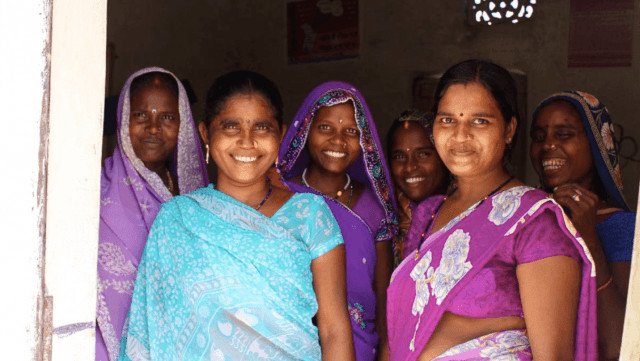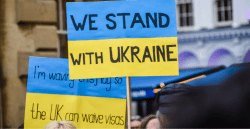In 2016, 71 percent of the 40.3 million people in modern slavery were female according to the Global Estimates of Modern Slavery. The landmark report compiled by the Walk Free Foundation and the International Labour Organization showed that modern slavery is very much a gendered crime.
In an op-ed marking International Women’s Day published by Thomson Reuters Foundation, Katharine Bryant from the Walk Free Foundation explains that women and girls experience modern slavery differently — “they are more likely to experience sexual exploitation, or to be forced into a marriage. They are also more likely to be exploited in the private economy, particularly in domestic work and in the sex industry.”
Bryant also notes that this year the UK is set to host the Commonwealth Summit, where leaders are due to discuss human trafficking and child exploitation across member states.
But what does modern slavery in the Commonwealth look like? Bryant explains:
We know that no country in the world is immune to modern slavery and all Commonwealth nations face serious challenges to the liberty of their citizens and those residing within their borders. We see evidence of forced sexual exploitation of women and girls within and between Commonwealth nations, with examples of trafficking of women between Nigeria and the UK, Uganda and Kenya, or Malaysia and Australia.
Forced and early marriage remain serious problems. Forced marriage is either used a tactic of war, as shown by the kidnapping of girls by Boko Haram in Nigeria, or reflects entrenched gender discrimination, as shown by the rates of early marriage against South Asia.
Across the Commonwealth, organised criminal networks take advantage of vulnerable female workers, controlling them by charging extortionate fees, withholding passports and wages, and threatening deportation and violence.
Driven by limited opportunities for safe migration, high levels of discrimination, and lack of respect for human rights, modern slavery holds back socio-economic development and the achievement of women and girls’ full potential.
While most Commonwealth countries have passed legislation against human trafficking and the commercial sexual exploitation of children, not many have advanced legislation criminalizing forced marriage.
Bryant says that tackling forced marriage, along with ratifying the ILO Convention for Domestic Workers (C189) and raising the legal age of marriage to 18, will help prevent women and girls across the Commonwealth from falling victim to modern slavery.







Freedom United is interested in hearing from our community and welcomes relevant, informed comments, advice, and insights that advance the conversation around our campaigns and advocacy. We value inclusivity and respect within our community. To be approved, your comments should be civil.
Arranged marriages have been around probably since beginning of time but there should be a way of escaping it if things go wrong.